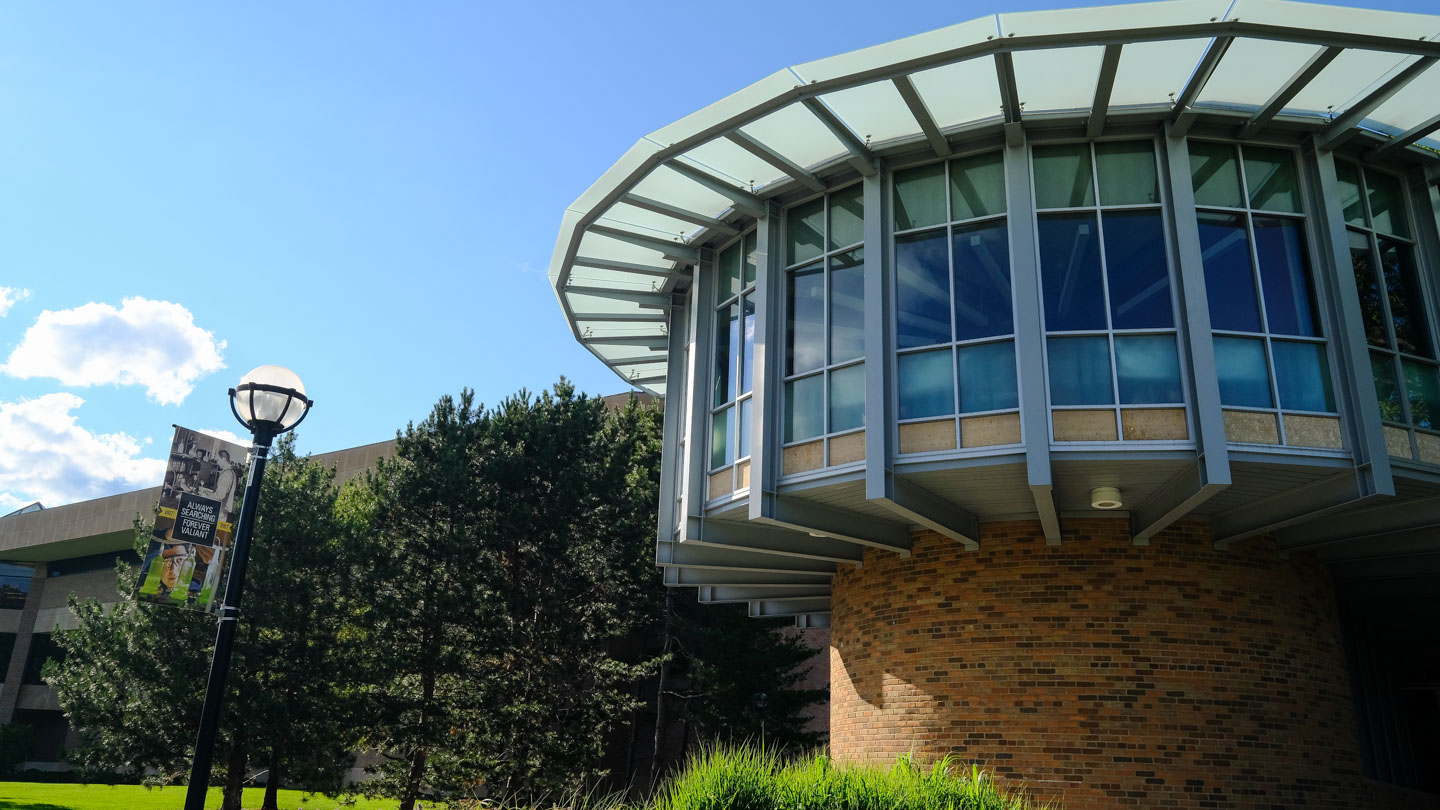
Community consent in nuclear facility siting
Prof. Aditi Verma will lead a project that aims to develop more equitable and respectful approaches to nuclear facility siting.

Prof. Aditi Verma will lead a project that aims to develop more equitable and respectful approaches to nuclear facility siting.
Funded with $1.1 million through a U.S. Department of Energy Consent-based Siting for SNF Management R&D award, Prof. Aditi Verma will lead a project that aims to develop more equitable and respectful approaches to nuclear facility siting by centering the perspectives and needs of affected communities, particularly Indigenous communities.
Indigenous communities in the U.S. have often borne the brunt of harmful impacts, including displacement, contamination, loss of access to traditional lands, and health issues. Given this context, the project aims to ensure that future decisions regarding the siting of nuclear facilities are made in a manner that respects the rights and experiences of these communities—seeking to understand both past impacts as well as envision futures in community-centric ways. Verma and her team also seek to address broader challenges, such as climate change mitigation through nuclear energy, while also promoting inclusivity, transparency, and democratic decision-making processes.
The researchers will develop guidelines and tools for consent-based siting with a specific focus on incorporating the perspectives and experiences of Indigenous communities. The guidelines will be utilized by those involved in the siting of nuclear facilities, including government agencies, energy companies, community organizations, and advocacy groups.
They will first establish guiding principles for respectful community engagement and metrics for measuring consent, informed by the lived experiences of affected communities. Additionally, they will create a generative artificial intelligence tool to support community-based storytelling — to visualize the impact of nuclear infrastructures on community landscapes as well as imagine desired futures, thus fostering more inclusive modes of communication and decision-making processes.
“Our team believes this is timely and essential work,” said Verma. “Future development and siting of large infrastructure can and should be informed by community perspectives—particularly those from communities who have historically most been impacted in the past.“
Robert Geroux, a political theorist and faculty member in the American Indian Studies Program at Eastern Washington University, will contribute to the project.
“Dr. Geroux has been collaborating with the University of Michigan team over the last two years to create a living archive of protocols for engagement with tribal communities,” said Verma. “His expertise will be essential in doing this work in a way that centers accountability to our community participants.”
Other NERS contributors include Prof. Majdi Radaideh, Chair Todd Allen, and Gabrielle Hoelzle, lead data scientist at the Fastest Path to Zero Initiative.